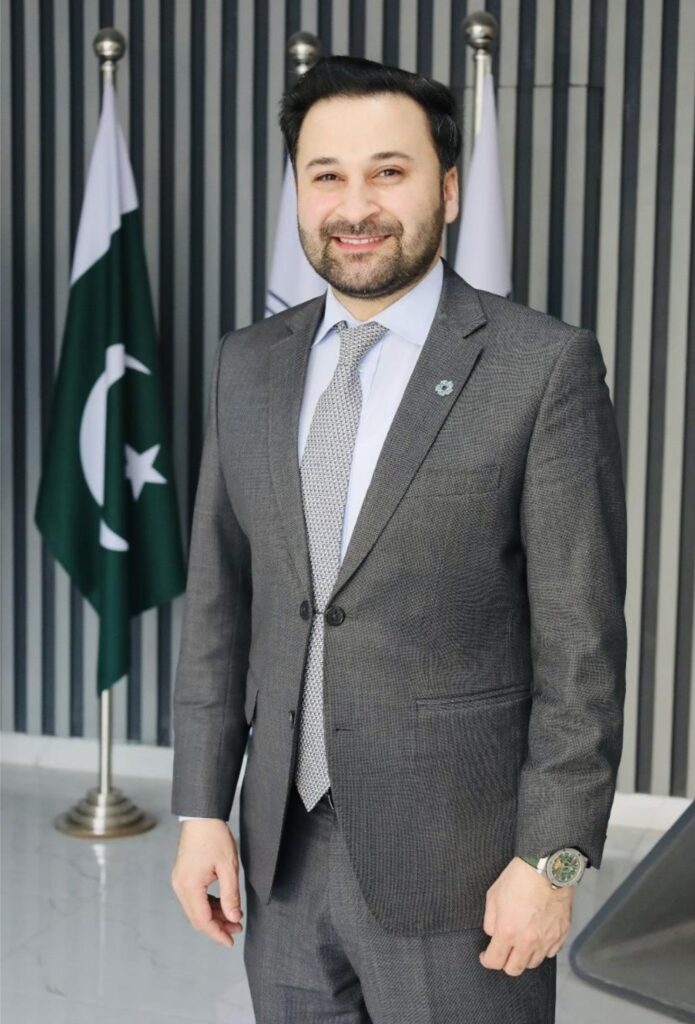By Qaiser Nawab
Global Peace Advocate | Chairman, Belt and Road Initiative for Sustainable Development (BRISD)
In recent weeks, we have witnessed yet another dangerous escalation of tensions between India and Pakistan. In the immediate aftermath of a tragic terrorist incident in Pahalgam, New Delhi wasted no time in pointing fingers across the border, accusing Pakistan within moments—without any credible investigation, evidence, or even the passage of basic due process.
This habitual blame game not only jeopardizes peace in the region but dangerously diverts global attention from India’s broader strategic objectives—particularly its disturbing intentions toward the Indus Waters Treaty (IWT) and the long-term threat of water aggression.
Weaponizing Water: A Breach of International Norms
India’s current leadership has repeatedly hinted at the possibility of re-evaluating or even scrapping the Indus Waters Treaty, a landmark agreement brokered by the World Bank in 1960 that has withstood wars and political upheavals. Under this treaty, Pakistan is guaranteed access to the waters of the Indus, Jhelum, and Chenab rivers. However, India’s ongoing dam-building spree in Jammu & Kashmir and its threatening rhetoric to “stop Pakistan’s water” indicate a growing disregard for international obligations.
While India currently lacks sufficient infrastructure to divert all the water, it is rapidly accelerating dam construction with the long-term goal of controlling the entire upper riparian system. If such unilateral action were to occur, it would not only endanger Pakistan’s water security but would also set a dangerous precedent globally. Major river basins like the Nile, the Amazon, or the Mekong might face similar fates, leading to global hydropolitical instability.
Weaponizing water violates both international humanitarian norms and environmental ethics. Rivers are not tools of coercion; they are lifelines for humanity. India’s ambitions to manipulate natural resources for political gain must be condemned by the global community.
Misinformation and Manufactured Narratives
The second and equally troubling dimension of this crisis is the media manipulation and disinformation campaign led by certain Indian and Western outlets. Within minutes of the terrorist incident, mainstream Indian media had already implicated Pakistan, defying logic and investigative integrity.
By shaping a hostile narrative against Pakistan, India seeks to justify aggressive policies and to deflect attention from its own internal socio-political challenges, including unrest in Manipur, discriminatory policies against minorities, and declining democratic space. The convenient creation of a foreign adversary serves a dual domestic purpose: it consolidates nationalist sentiment and shifts public focus away from governance failures.
India’s allegations are unsubstantiated, and in many cases, self-incriminating. Cross-border firing incidents, for instance, often lack clarity as to who initiated the aggression. Accusing Pakistan without concrete evidence not only undermines regional stability but also poisons the atmosphere for future dialogue.
Destabilizing South Asia: Who Benefits
India’s confrontational posture is undermining regional peace. The South Asian region—home to nearly 2 billion people—desperately needs cooperation, not conflict. The escalating military alert, inflammatory rhetoric, and threats to revoke treaties do not benefit anyone. Instead, they divert resources away from critical sectors such as climate resilience, poverty alleviation, education, and youth development.
At this precarious juncture, it is imperative that both India and Pakistan return to the negotiating table. War is not a solution—it is a failure of diplomacy. The stakes are too high. A misstep could engulf the region in unimaginable human and ecological devastation.
We urge international stakeholders—especially the United Nations, OIC, and global civil society—to intervene proactively. Silence in the face of aggression emboldens it. The world must speak against unilateral treaty violations, premature accusations, and water warfare.
About Author:

Qaiser Nawab is a Pakistani global peace advocate, Strategic Communication Expert, and Chairman of the Belt and Road Initiative for Sustainable Development (BRISD). He has represented Pakistan at numerous international forums on climate diplomacy, youth empowerment, and sustainable peace.



